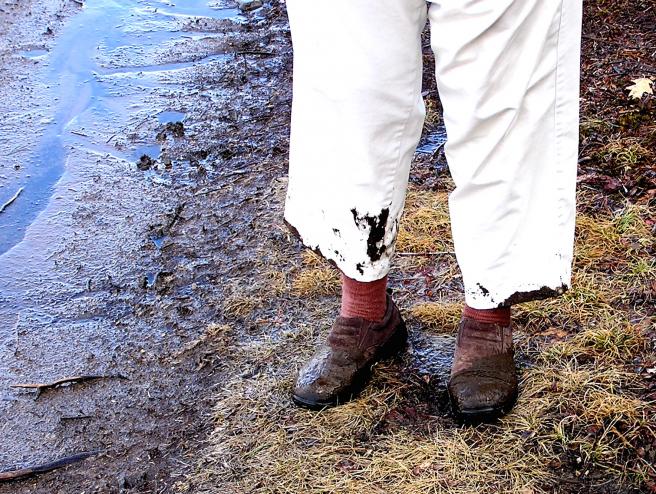
You’re a bit nervous to approach the woman in line. She’s wearing a worn woolen sweater that has the charm of that twice removed cousin-in-law of yours you only see at weddings and the occasional reunion. The woman seems nice enough, however all that research you did on, “how to make someone feel comfortable,” and “what not to do when conducting an interview” slinks away to the confides of your mind. You flip through those analogs for the right greeting you learned back in etiquette school when you were five. You decide on, “Hello.” It works. You follow up with, “How are you today?” She responds how any other individual standing outside in the mud of a free dental clinic would, “Tired.” You relate.
You then engage in a conversation about how she came to find out about New Mexico’s Mission of Mercy, a free dental clinic that only occurs every year and a half. What comes from this conversation is a remarkable story about an immigrant family torn from each other and how a simple dentist visit is not as easy as you would think. In fact, impossible for this woman in her beautifully worn woolen sweater. Her name was Lucia. Her mother was diagnosed with skin cancer a few years ago, but she could not get onto Medicaid or Medicare in the United States because of her immigrant status. Their family was eventually torn from one another. All over the access to healthcare.
As a story collector, you get to experience a world of characters. You begin to notice the subtle nuances of your subjects, how their smile reflects a certain joy, their tears sting your soul, and how the overall breadth of their personal stories move you and others. Philip Pullman, a children’s novelist, once said, “After nourishment, shelter and companionship, stories are the thing we need most in the world.” It is because of stories we find solidarity rather than anonymity. It is because of stories we relate rather than hate. It is because of stories we can transmute barriers and find solutions. Stories define you, they define me, and, “have to be told or they die, and when they die, we can't remember who we are or why we're here” (Sue Monk Kidd, The Secret Life of Bees). Click here to read Lucia's story.
- Stephanie Grilo, Story Banker and Young Adult Outreach Coordinator
Health Action

